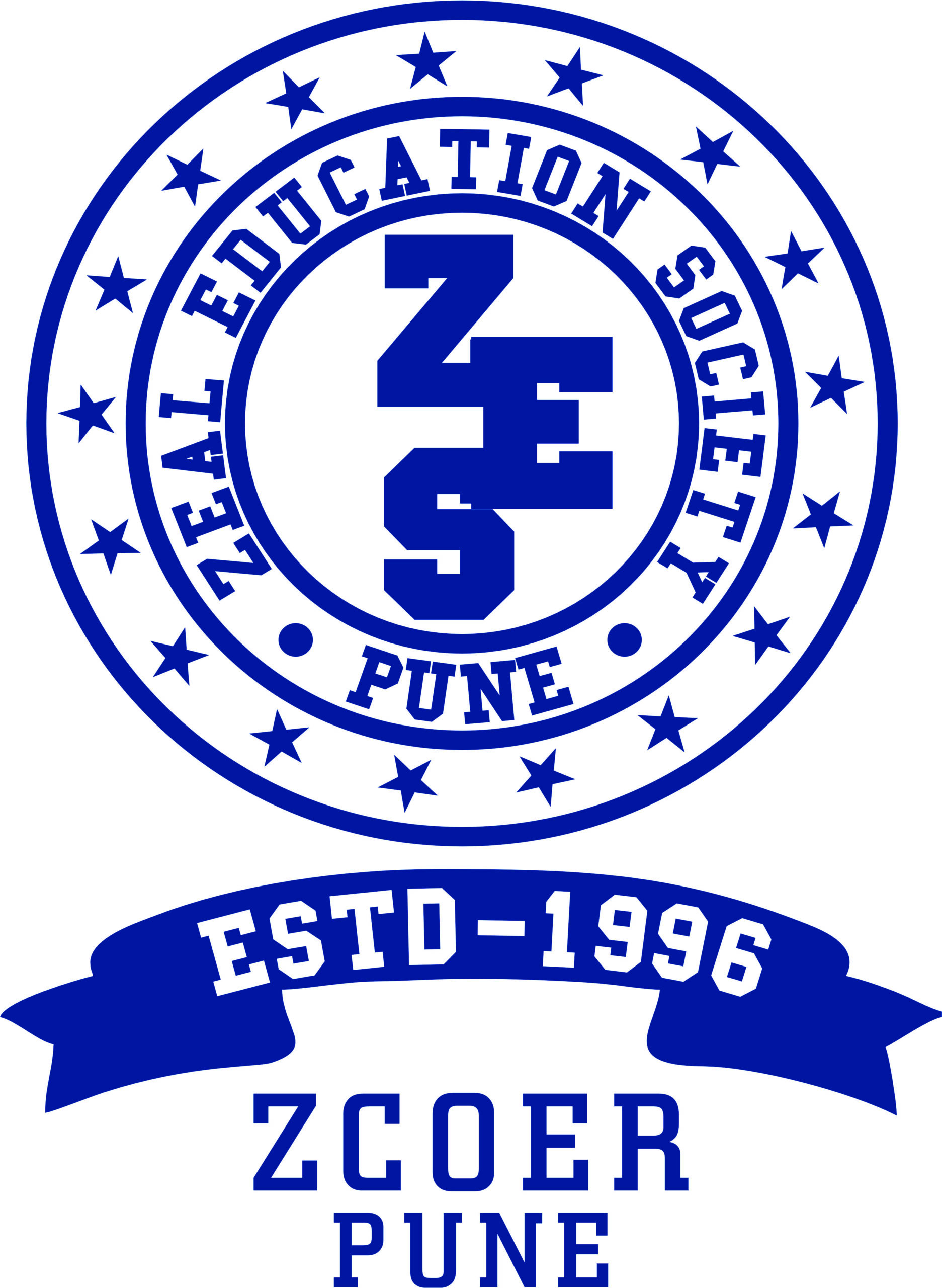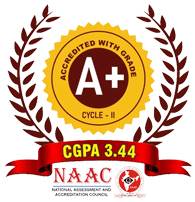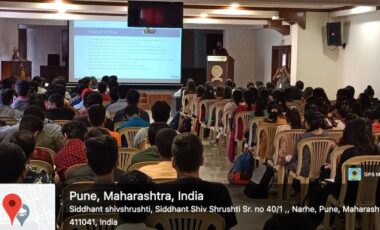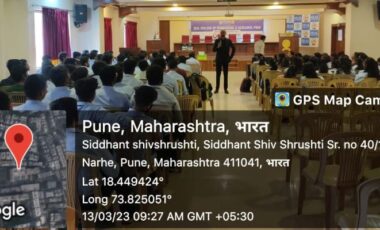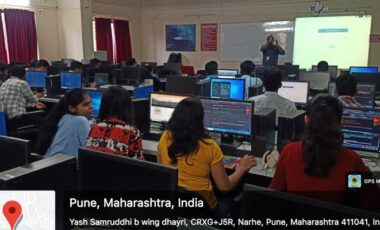Computer Engineering
- Computer Engineering
- About Department
- From HOD Desk
- Vision & Mission
- PEO & PSO, PO & CO
- Autonomy Constitution
- Faculty Profile
- Lab Facilities
- Innovations in Teaching – Learning
- Research & Publication
- Skill Development
- Faculty Achievement
- Students Achievement
- Student Association
- Placement and Internship
- Center of Excellence
- Life @ Computer
- Downloads
- Newsletters
1. Introduction
In today’s rapidly evolving technology landscape, Computer Engineering students need more than just academic knowledge to stay competitive. Add-on Programs and Industry Certifications play a crucial role in bridging the gap between academic learning and industry requirements. These programs provide students with specialized skills, industry-recognized credentials, and better employability prospects.
The Computer Engineering Department at Zeal College of Engineering and Research, Pune, has adopted this innovative teaching-learning methodology to enhance students’ technical proficiency and career opportunities.
2. Statement of Clear Goal
The primary objectives of implementing Add-on Programs and Certifications are:
- Enhance Student Employability: Providing students with industry-relevant skills that make them job-ready.
- Offer Specialization Opportunities: Allowing students to gain expertise in trending technologies such as Artificial Intelligence (AI), Machine Learning (ML), Cloud Computing, Cybersecurity, Blockchain, Data Science, and IoT.
- Obtain Industry-Recognized Credentials: Enabling students to earn certifications from reputed organizations such as Microsoft, Google, Amazon Web Services (AWS), Cisco, Red Hat, and Oracle.
- Bridge the Gap between Academia and Industry: Aligning the academic curriculum with current industry demands.
3. Use of Appropriate Methods
To effectively implement Add-on Programs and Certifications, the following methods are utilized:
1. Industry Partnerships
- Collaborations with companies like Microsoft, AWS, Google, IBM, TCS, Infosys, Cisco, and Oracle to provide certification-based training.
- Industry experts conduct hands-on workshops, boot camps, and training sessions.
2. Integration with the Curriculum
- Certifications are aligned with the academic syllabus to complement coursework.
- For example, “Python for Data Science” certification is linked with Artificial Intelligence and Machine Learning courses.
3. Hands-on Training & Labs
- Practical sessions with real-world projects to apply learned concepts.
- Access to cloud platforms, virtual labs, and sandbox environments for practical exposure.
4. Online Learning Platforms
- Students are encouraged to complete courses on platforms like Coursera, Udemy, edX, LinkedIn Learning, and NPTEL.
- Certification programs such as AWS Certified Cloud Practitioner, Google Associate Cloud Engineer, Cisco CCNA, and Microsoft Azure Fundamentals are integrated.
5. Expert Lectures & Webinars
- Inviting industry professionals and alumni for guest lectures on emerging technologies and certification benefits.
6. Hackathons & Competitions
- Encouraging students to participate in coding competitions, hackathons, and project challenges to apply their knowledge.
4. Significance of Results
The implementation of Add-on Programs and Certifications has shown significant benefits for Computer Engineering students:
a) Improved Job Prospects:
- Students with industry certifications are more likely to get high-paying jobs in reputed IT firms.
- Certifications validate their technical skills and give them a competitive advantage.
b) Specialized Skill Development:
- Students acquire in-depth knowledge in Cloud Computing, AI, Cybersecurity, and Full-Stack Development, which are highly demanded skills in the industry.
c) Industry Recognition:
- Certifications from global tech companies increase the credibility of students’ resumes.
- Students become eligible for internships and placement drives in MNCs.
d) Practical Exposure:
- Hands-on training and real-world projects help students develop a problem-solving approach.
5. Effectiveness of Add-on Programs/Certifications
To measure the effectiveness of Add-on Programs and Certifications, the following key performance indicators (KPIs) are considered:
a) Graduate Employment Rates
- A higher percentage of certified students secure placements in top IT companies.
- Placement statistics are analyzed to assess the impact of certifications on job offers.
b) Student Feedback
- Surveys and feedback forms are collected to understand the usefulness and impact of certifications.
- Students share their experiences regarding skill improvement and industry relevance.
c) Program Completion Rates
- Tracking the number of students who enroll in and complete certification programs.
- Analyzing completion rates to evaluate student interest and program effectiveness.
6. Examples of Add-on Programs/Certifications at Zeal College of Engineering and Research, Pune
The Computer Engineering Department at Zeal College of Engineering and Research has successfully conducted several Add-on Programs and Certifications in collaboration with industry leaders:
1. Artificial Intelligence & Machine Learning
- IBM Certified AI Engineer
- Google TensorFlow Developer Certificate
2. Cloud Computing
- AWS Certified Solutions Architect – Associate
- Microsoft Azure Fundamentals
3. Cybersecurity
- Certified Ethical Hacker (CEH)
- Cisco Cybersecurity Specialist
4. Software Development & Full-Stack
- MERN Stack Developer Certification
- Java Spring Boot Certification (Oracle)
5. Networking & IT Infrastructure
- Cisco CCNA Certification
- Red Hat Certified System Administrator (RHCSA)
6. Data Science & Big Data
- Google Data Analytics Professional Certificate
- IBM Data Science Certification
These programs have led to higher placement rates, improved technical expertise, and better job prospects for students.
7. Conclusion
The implementation of Add-on Programs and Certifications at Zeal College of Engineering and Research, Pune has significantly enhanced the employability, technical skills, and industry readiness of Computer Engineering students.
By providing industry-relevant training, practical exposure, and recognized certifications, students are better equipped for careers in software development; cloud computing, data science, AI, cybersecurity, and networking.
As technology continues to evolve, expanding these programs and integrating new certifications in emerging fields will further strengthen student competencies and job opportunities.
Submit your review | |
1 2 3 4 5 | |
Submit Cancel | |
